Controversy over events that triggered NATO attacks
A Finnish forensic expert says in her autobiography that her report on the Račak deaths was written under pressure.
Wednesday, 22.10.2008.
12:19

A Finnish forensic expert says in her autobiography that her report on the Racak deaths was written under pressure. The person exerting the pressure, according to this, was U.S. diplomat William Walker, who in 1998 headed an OSCE monitoring mission in the province of Kosovo. Controversy over events that triggered NATO attacks Walkers's mission said the victims in the village of Racak in Kosovo were ethnic Albanian civilians, and marked Serbian forces as the perpetratos of the crime. The event is considered to have triggered 78 days of NATO's attacks on Serbia in 1999. Now Ranta, a forensic dentist who headed a team set up to examine the January 1999 deaths of 40 people in the village, says that Walker pressured her to speak "more convincingly" of the alleged Serb crimes in Racak. Promoting her book in Helsinki last week, Ranta said three Finnish foreign ministry officials also asked for "deeper conclusions" in her report. Ranta said that Walker at one point snapped a pencil in two and threw it at her, unhappy that her report "did not use language convincing enough" when it came to alleged Serb crimes, Politika daily writes. She also said she has kept e-mails from her country's foreign ministry, urging "deeper conclusions". Last year, in a documentary entitled, "End – condemned to exile", Ranta hinted that she would reveal the truth about the Racak controversy, when she told Russian authors Yevgeniy Baranov and Aleksandr Zamislov that Walker was "horrified by the results of our investigation". "I was confused and I wasn't ready to provide an answer for him. Those bodies belonged to terrorists, Serb soldiers and villagers. This report I am showing you now has never been published, and its contents are known to only a few. Now I am ready to speak publicly about the results of the investigation," Ranta said, showing the original document to the cameras. But, in 1999, the Finnish expert also spoke in front of the cameras, to brand the Racak events as "a crime against humanity". In the summer of 2000, Ranta sent her report to the Hague Tribunal, while the summary was sent to the EU member states. In her book this year, she claims that then Finish MFA political sector chief Perti Torstila, who is today a state secretary, asked for a comment critical of the ministry's administration to be removed. The MFA officials were also hopeful that Ranta would leave out the results of an investigation into the number of bullets fired, and the number of those that were in fact deadly. Finnish journalist and Balkan expert Ari Rusila says in an article written recently that Ranta was focused on forensic work during the investigation, attempting to avoid political influence, but that she was under pressure from the beginning. Rusila added that there is a widespread belief that the role of the Walker mission in Racak was to help the so-called Kosovo Liberation Army, KLA, "create a massacre that would be attributed to the Serb forces", in this way providing an excuse for a military intervention. The KLA gathered its dead after a battle, dressed them up civilian clothes and then called in the observers, the Finnish reporter says. Ranta appeared in 2003 as one of the witnesses in the Hague trial of Slobodan Milosevic. She told Berliner Zeitung newspaper in 2004 that it was "negative" that a part of the indictment against Milosevic was related to the Racak events, based mostly on the version given by Walker.
Controversy over events that triggered NATO attacks
Walkers's mission said the victims in the village of Račak in Kosovo were ethnic Albanian civilians, and marked Serbian forces as the perpetratos of the crime.The event is considered to have triggered 78 days of NATO's attacks on Serbia in 1999.
Now Ranta, a forensic dentist who headed a team set up to examine the January 1999 deaths of 40 people in the village, says that Walker pressured her to speak "more convincingly" of the alleged Serb crimes in Račak.
Promoting her book in Helsinki last week, Ranta said three Finnish foreign ministry officials also asked for "deeper conclusions" in her report.
Ranta said that Walker at one point snapped a pencil in two and threw it at her, unhappy that her report "did not use language convincing enough" when it came to alleged Serb crimes, Politika daily writes.
She also said she has kept e-mails from her country's foreign ministry, urging "deeper conclusions".
Last year, in a documentary entitled, "End – condemned to exile", Ranta hinted that she would reveal the truth about the Račak controversy, when she told Russian authors Yevgeniy Baranov and Aleksandr Zamislov that Walker was "horrified by the results of our investigation".
"I was confused and I wasn't ready to provide an answer for him. Those bodies belonged to terrorists, Serb soldiers and villagers. This report I am showing you now has never been published, and its contents are known to only a few. Now I am ready to speak publicly about the results of the investigation," Ranta said, showing the original document to the cameras.
But, in 1999, the Finnish expert also spoke in front of the cameras, to brand the Račak events as "a crime against humanity".
In the summer of 2000, Ranta sent her report to the Hague Tribunal, while the summary was sent to the EU member states.
In her book this year, she claims that then Finish MFA political sector chief Perti Torstila, who is today a state secretary, asked for a comment critical of the ministry's administration to be removed.
The MFA officials were also hopeful that Ranta would leave out the results of an investigation into the number of bullets fired, and the number of those that were in fact deadly.
Finnish journalist and Balkan expert Ari Rusila says in an article written recently that Ranta was focused on forensic work during the investigation, attempting to avoid political influence, but that she was under pressure from the beginning.
Rusila added that there is a widespread belief that the role of the Walker mission in Račak was to help the so-called Kosovo Liberation Army, KLA, "create a massacre that would be attributed to the Serb forces", in this way providing an excuse for a military intervention.
The KLA gathered its dead after a battle, dressed them up civilian clothes and then called in the observers, the Finnish reporter says.
Ranta appeared in 2003 as one of the witnesses in the Hague trial of Slobodan Milošević.
She told Berliner Zeitung newspaper in 2004 that it was "negative" that a part of the indictment against Milošević was related to the Račak events, based mostly on the version given by Walker.











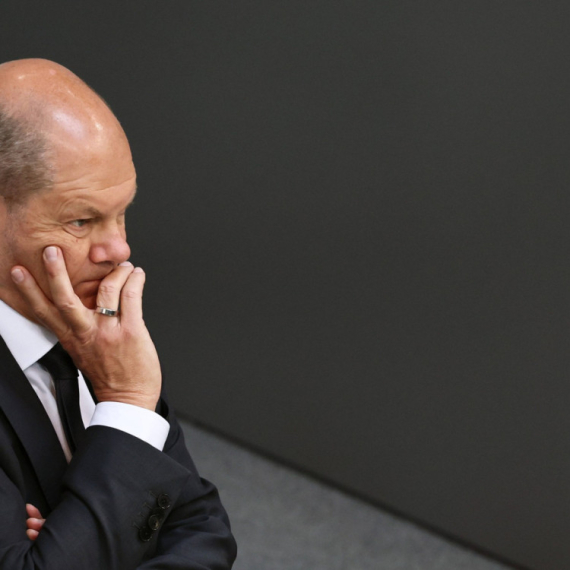

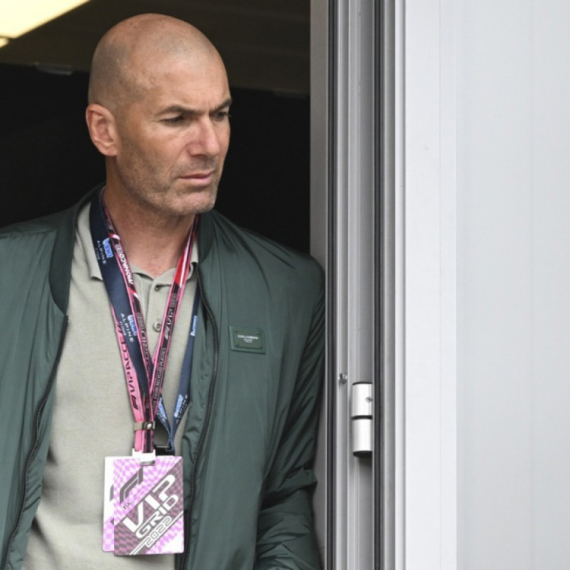


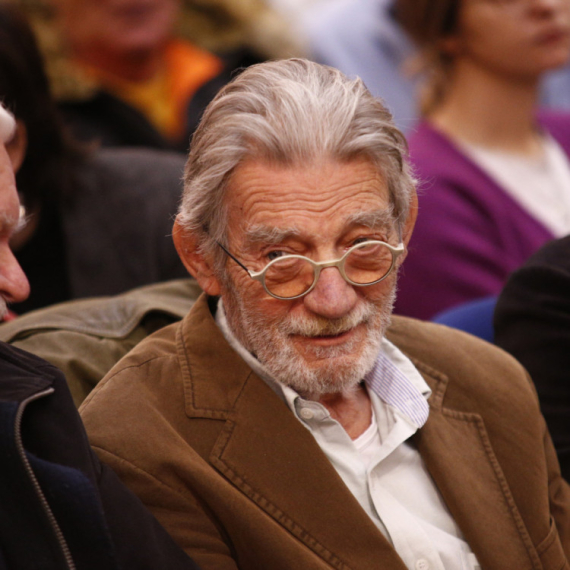
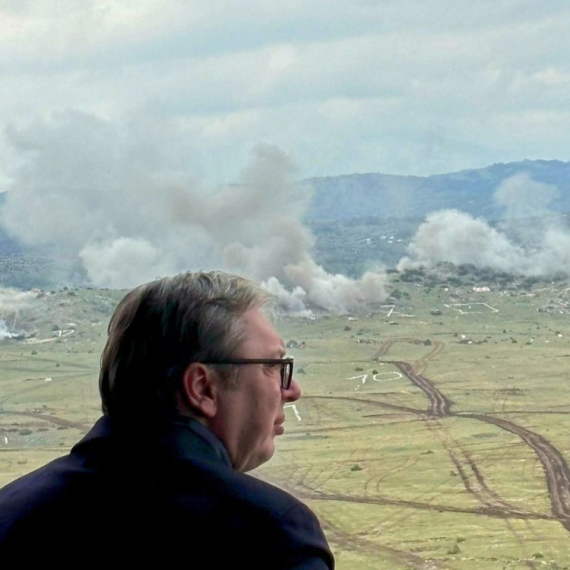
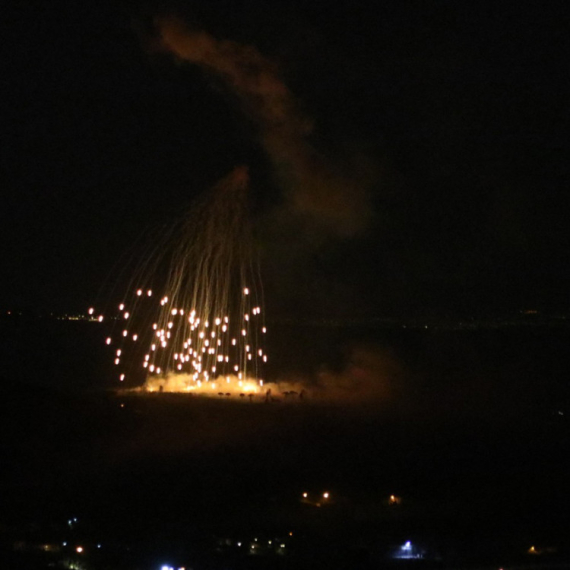


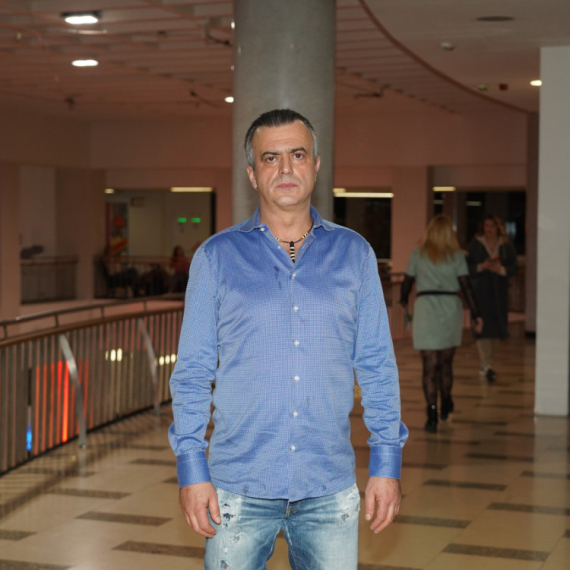




































Komentari 56
Pogledaj komentare